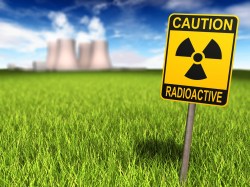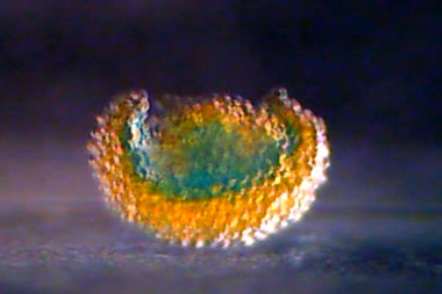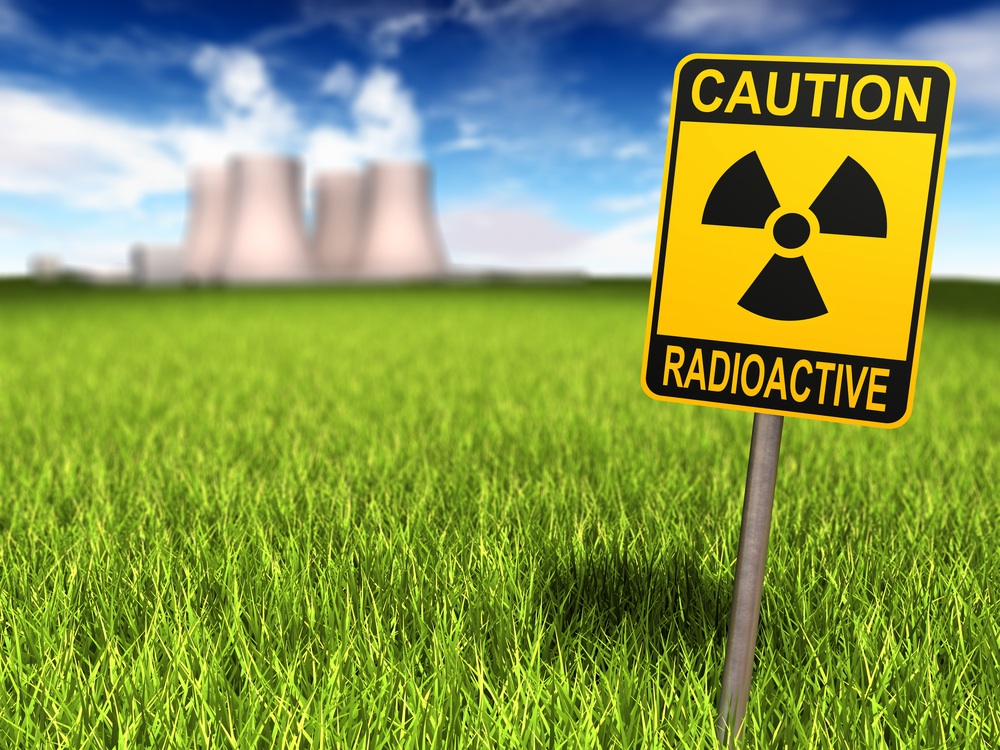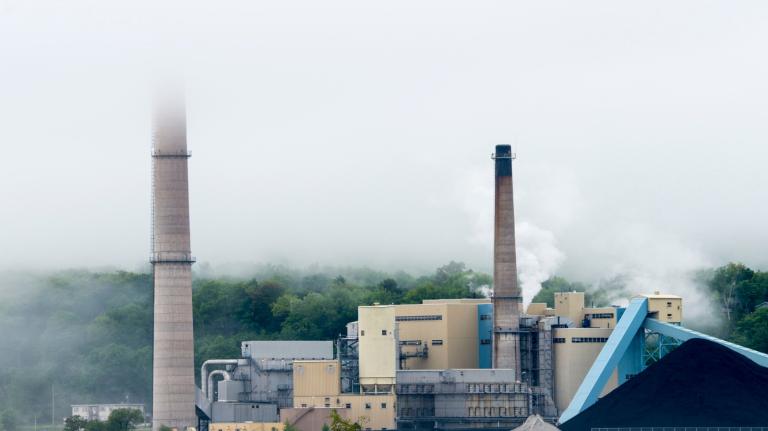
Shutterstock
If forced to decide between living in a world powered by natural gas or a world powered by nuclear energy, which would you choose?
Seems a little like trying to decide whether to chop off an arm or a leg.
Evacuees of Fukushima or residents of San Luis Obispo (a coastal Californian county where a nuclear power plant sits near poorly understood earthquake faults) may opt for natural gas. Then again, residents of nearby Contra Costa County, Calif. (where the air is poisoned by natural-gas-burning power plants), or of Pavilion, Wyo. (where the water was poisoned by natural gas fracking), may prefer nuclear.
Leave it to NASA scientist-turned-climate activist James Hansen to bring a little clarity. He crunched the numbers to determine which of the two options is less deadly to humanity. The result isn’t even close: Despite the horrific threats posed by nuclear fission, Hansen and NASA colleague Pushker Kharecha found nuclear power to be far safer than natural gas.
From their paper in the journal Environmental Science and Technology:
On the basis of global projection data that take into account the effects of the Fukushima accident, we find that nuclear power could additionally prevent an average of 420 000–7.04 million deaths and 80–240 [gigatons of carbon dioxide equivalent] emissions due to fossil fuels by midcentury, depending on which fuel it replaces. By contrast, we assess that large-scale expansion of unconstrained natural gas use would not mitigate the climate problem and would cause far more deaths than expansion of nuclear power.
Historically, the scientists conclude that air pollution would’ve killed nearly 2 million more people between 1979 and 2001 had all of the world’s nuclear power been replaced by the burning of coal and natural gas. The findings illustrate the difference 64 gigatons less carbon dioxide (or equivalent greenhouse gases) in the atmosphere can make.
Scientific American breaks it down:
What is even more starkly clear is that the number of deaths caused by nuclear power is far lower than those saved by it; in fact there’s scant comparison. As the report notes, even the worst nuclear accident in history (Chernobyl) caused about 40 deaths; these include 28 immediate responders and about 15 deaths caused among 6000 victims of excess cancers (it’s always very difficult to detect statistically significant excess cancers in the presence of a high natural background rate). There have been no deaths attributable to the Three Mile Island accident. And while the verdict on Fukushima is still not definitive, the latest report on the accident predicts no direct deaths and a much lower exposure to radiation for the surrounding population than that purported to lead to fatal cancers. The bottom line is that, even assuming pessimistic scenarios, the number of deaths caused by nuclear power is a minuscule fraction of those lives which were saved by nuclear power replacing fossil fuels.
So yay for nuclear, when compared in some important respects to fossil fuels. But maybe let’s not forget that option C is better than either one, hmm?



